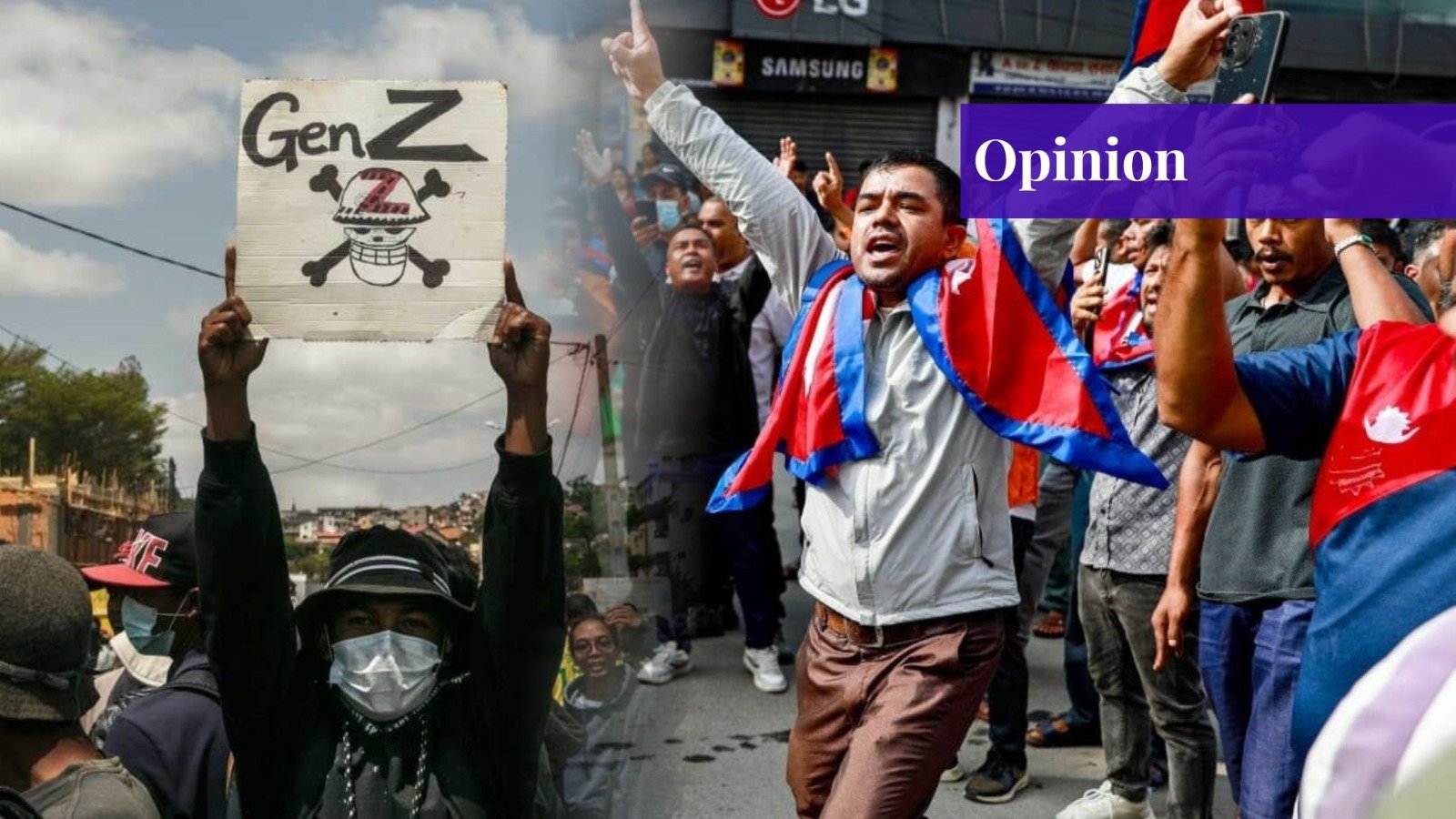In the late 90s and early 2000s, a generation was born that never witnessed a world without the internet, probably the most diversified and digitally exposed generation of all time – Gen Z. Before the internet, public networking and cultural exposure were limited and varied from place to place. But after the arrival of social media platforms, Gen Z got access to a range of worldviews and ideas. Because of this subjection, today Gen Z has a better understanding of different cultures and societies.
The global connection with the world through social media helped Gen Z to understand the condition of underprivileged communities in the world, whose voices were unheard for a long time. Stanford University research shows that “Gen Z gives worth to originality, partnership, and multiplicity. They have a practical approach to present-day issues like global warming, racism, and political unrest.”
There is also a significant influence of Gen Z on world languages. Social media has changed the dynamics of linguistic development. It gives rise to a new “youth culture.” Today’s cyber generation has its unique communication style, shaped by messenger apps and video platforms, loaded with abbreviations and the use of viral memes. Though Gen Z has adopted this linguistic peculiarity from a range of different factors, online influence is the key one.
Moreover, this web domain has brought a new era of “speak out” culture in Gen Z. Among the silent walls of digital spaces, they express themselves openly with comfort and challenge others with ease, which is in contrast to previous generations who experienced media restrictions and legal consequences for their expressions of free speech.
Gen Z’s swift adaptation to the cashless economy and digital transactions is also remarkable. Today, around the world, Gen Z is managing and controlling the cyber world and making it easy for older generations to access all digital currency gateways. From web designers to social media consultants and from content creators to freelancers, Gen Z has transformed the hybrid work model with remote workplace culture and flexible work-from-home time schedules.
The world events Gen Z witnessed and experienced in the last two decades are unprecedented. Pandemics, economic recessions, global wars, political chaos, uprisings, climatic disasters, and extreme natural calamities. These incidents badly affected the young Gen Z minds. The fear of uncertainty and hopelessness predominates in their personalities.
The decline in psychological health of Gen Z is attributed to a range of factors, like disruptions in education, lack of jobs, absence of healthcare, and an uncertain future. Because of these reasons, we observe an increased number of behavioral disorders, drug addictions, and mental health issues in Gen Z. On the plus side, they tend to open up about personal issues, discuss their problems on social media, and use online health consultancies.
This trend is verified by research. According to the Journal of Abnormal Psychology, depression rates rose by 47% for adolescents ages 12-13, 60% for teens ages 14-17, and 46% for young adults ages 18-21. A study by the American Psychological Association also found that Gen Z is 27% more likely to report anxiety and depression. While Gen Z faces greater psychological challenges, they are also more likely to speak openly about their mental health problems.
Unarguably, Gen Z is the first generation to navigate the digital virtual world from their early age. This journey brought significant advantages, but it also exposed them to many challenges. Young, immature minds are vulnerable to potentially harmful content online. Social media trends can aggravate feelings of loneliness and isolation and lead to negative body image and eating disorders. Cyberbullying and online harassment cases are also on the rise.
Conversely, this same global virtual space has created and encouraged a new era of social connectivity. Today, a story of any celebrity and influencer is accessible from anywhere around the world, while online health experts, experienced psychological therapists, and world-renowned motivational speakers are within reach. The exchange of ideas, online dialogues, and conversations about social issues helps in reducing ignominy, normalizing the taboos, and radically changing public perception.
Gen Z is a generation that challenged limited beauty standards around the world. Today, the fashion industry is driven by the Gen Z mindset that promotes body positivity, diversity, and gender equality. They demand more from the world around them. Gen Z is inclined toward brands and messaging that not only sell a product but also stand for a greater cause, tackling social issues like racism and human rights.
Deep inside, Gen Z is an empathetic generation that considers itself a beacon of hope that can make a difference. They are connected with each other more than any other generation to date. They promote endurance, honor discourse, and understand diverse perspectives. Every generation develops its own survival medium, but what may seem worrisome today could become the norm tomorrow.
If you want to submit your articles and/or research papers, please visit the Submissions page.
To stay updated with the latest jobs, CSS news, internships, scholarships, and current affairs articles, join our Community Forum!
The views and opinions expressed in this article/paper are the author’s own and do not necessarily reflect the editorial position of Paradigm Shift.
Mishaal Khan is a student of BS Psychology at IIUI, Islamabad.She can be reached at [email protected].



